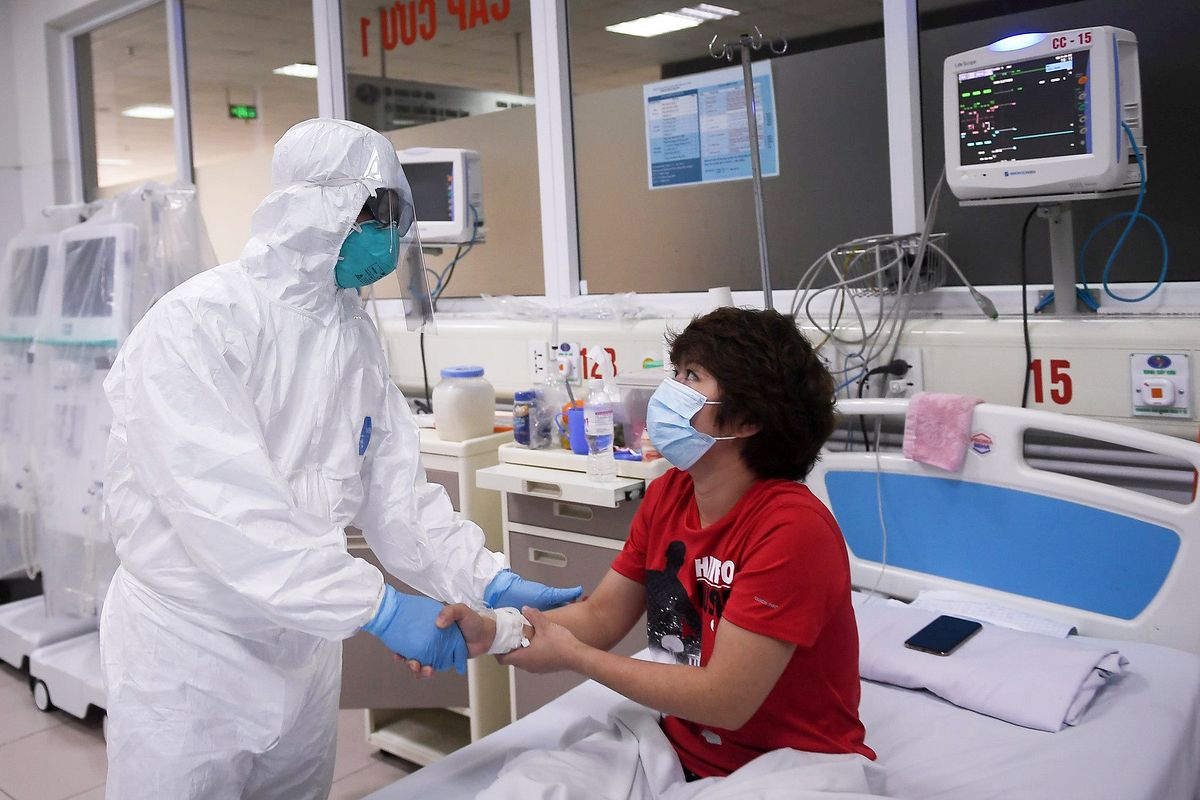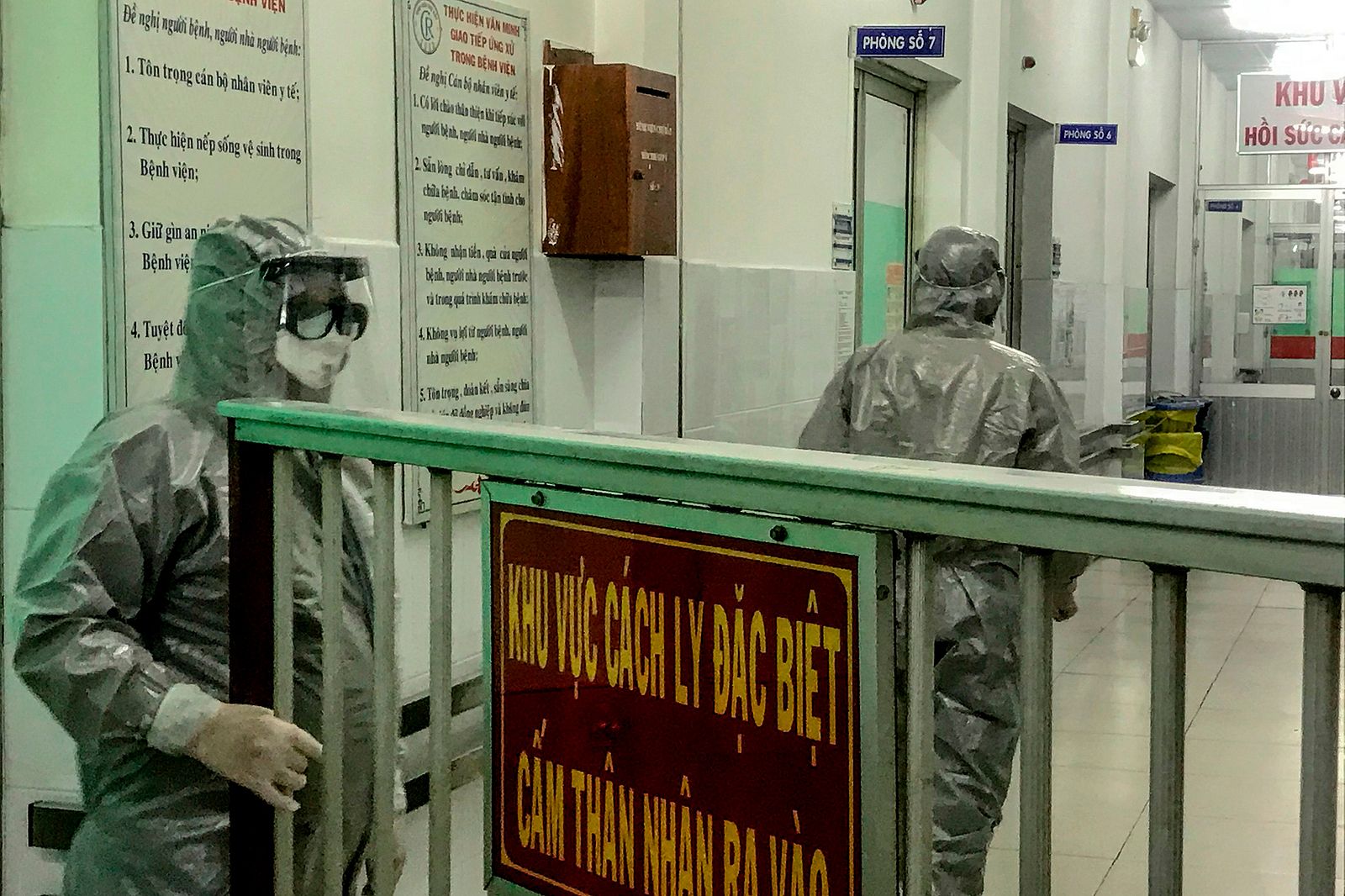Late last month, a woman in Saigon died from A/H1N1 Influenza, commonly known as swine flu.
The 26-year-old woman from Thu Duc District passed away after five days of self-treatment at home, according to Nguyen Tri Dung, director of the Preventive Medicine Center of Ho Chi Minh City. It is the first casualty in Vietnam since early 2014 when a 30-year-old man died in Nha Trang. A 49-year-old man from Binh Thuan Province is also currently being treated for the disease at Cho Ray Hospital in Saigon.
The cases come amidst an increased amount of patients testing positive for the disease. VnExpress reports that on June 1, 16 patients were being treated at Tu Du Hospital, a top maternity hospital in Saigon, while another 80 were in quarantine for observation.
Earlier this week, Doctor Nguyen Ba My Nhi announced that all but five of them have been discharged and of those remaining under observation, only one has a fever. That H1N1 outbreak was linked to an infected woman who came in gynecological surgery last Friday.
Officials say that neither the Saigon female patient nor the Binh Thuan male patient caught the disease in the hospital and the cases are unrelated to the outbreak at Tu Du. The woman's home neighborhood and the hospitals where she was treated have not seen any new infections.
The Preventive Medicine Center of Ho Chi Minh City center and Saigon's Pasteur Institute in the city are investigating the source of the deceased woman's infection with aims to monitor and prevent it from spreading.
The first global swine flu epidemic in 2009 claimed more than 17,000 lives worldwide including 20 in Vietnam with 9,000 more infected.
Swine flu is spread via coughs and sneezes, physical contact and interpersonal encounters in enclosed spaces, according to the World Health Organization. Symptoms include high fever, coughing, headache, muscle pain, sore throat, and running nose.
Most people recover without needing to visit a hospital, though a rare minority develop more serious symptoms that can lead to death. The disease is most dangerous for children, pregnant women, people with weakened immune systems and those with chronic conditions. The woman who recently passed away in Saigon was obese while the man currently being treated has diabetes; both conditions made them more susceptible to influenza complications.
To prevent the spread of the disease, experts suggest proper hygiene including routinely washing one's hands and covering one's mouth when coughing or sneezing. An annual vaccine is the best protection against contracting the flu.
[Photo via ILRI]














